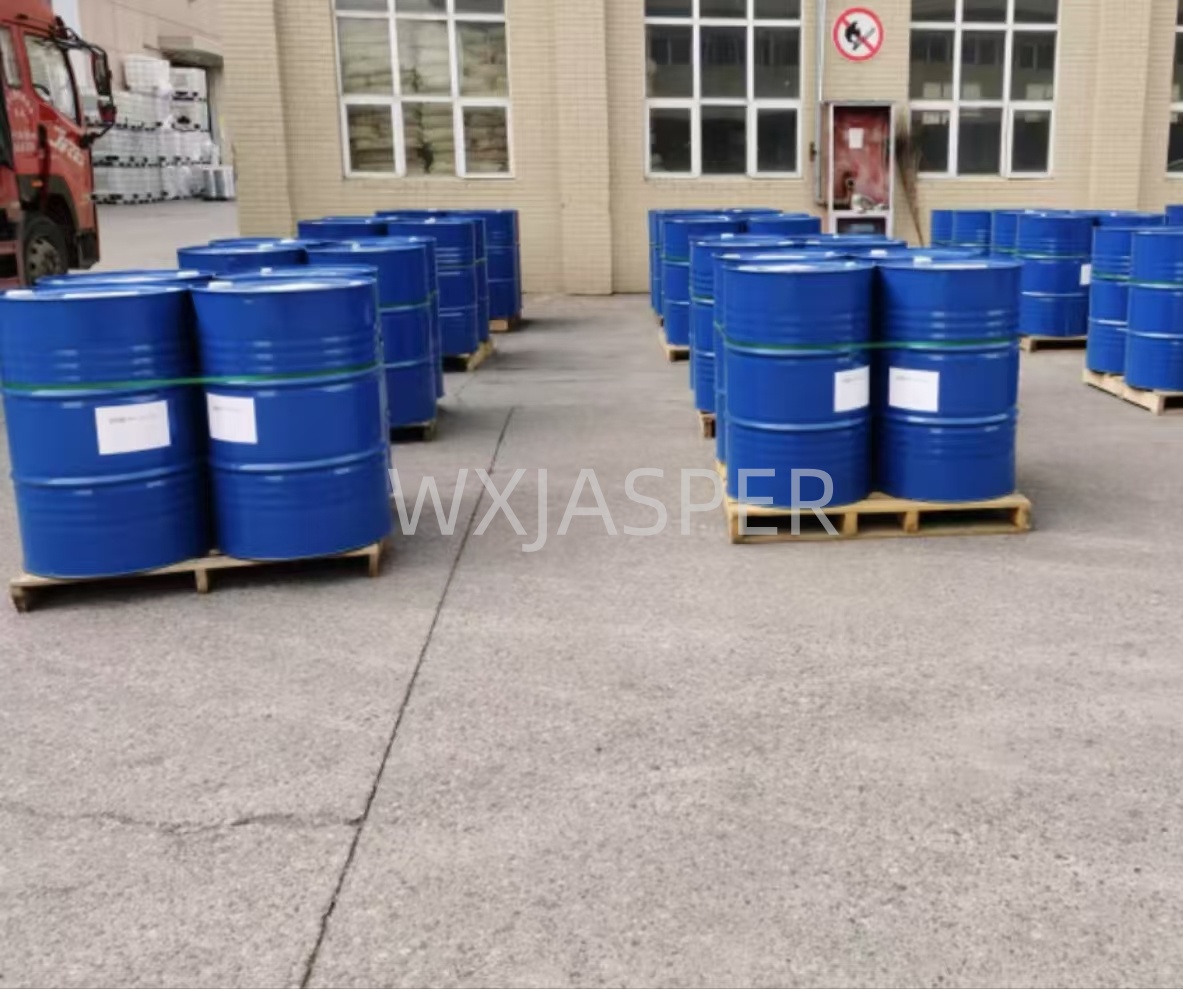Product Details
CasNo: 140-90-9
MF: C3H5NaOS2
Appearance: liquid
Delivery Time: 15 days
Packing: 200kg/drum
Purity: 99%
1. Basic Information and Core Positioning
- Product Name: GEROPON L-WET/P
- Product Category: Low-foam acid-resistant wetting agent
- Core Positioning: A high-efficiency wetting agent specifically designed for low-foam requirements and acidic environments. Through special molecular structure regulation of surface activity and foam-inhibiting performance, it reduces liquid surface tension and enhances spreading while minimizing foam generation. It functions stably under acidic conditions (pH ≤5), making it suitable for foam-sensitive or acidic systems such as acidic pesticide formulations, acidic industrial cleaning, and electroplating pretreatment—balancing wetting efficiency with operational convenience.
2. Key Performance and Technical Features
- Low-Foam, High-Efficiency Wetting: While delivering excellent wetting effects, foam height is ≤10mm (measured by Ross-Miles foam tester, 0.5% aqueous solution at 25℃), far lower than ordinary wetting agents (typically ≥50mm). This avoids foam overflow during production or efficiency reduction due to residual foam during use, making it particularly suitable for high-shear stirring or spray processes.
- Outstanding Stability in Acidic Systems: Maintains structural stability in strongly acidic environments (pH 2–5), with a wetting performance attenuation rate ≤3% (traditional wetting agents easily decompose at pH <4, with performance loss ≥30%). It is compatible with acid-containing pesticides (e.g., glyphosate aqueous solution, pH 2–3) and acidic cleaning agents (e.g., citric acid cleaning fluid).
- Broad-Spectrum Wetting Capacity: Reduces the surface tension of water from 72mN/m to 32–36mN/m at room temperature (25℃), increasing the spreading speed of liquids on solid surfaces (e.g., crop leaves, metals, ceramics) by over 35% with a contact angle ≤35°. This minimizes "beading" and improves pesticide adhesion or cleaning efficacy.
- Excellent Compatibility and Weather Resistance: Highly compatible with acidic media (e.g., hydrochloric acid, organic acids), pesticide active ingredients (glyphosate, 2,4-D), and inorganic additives (ammonium sulfate). It remains stable at temperatures ranging from -5℃ to 50℃, with a performance retention rate ≥95% after long-term storage (≥24 months), and exhibits strong tolerance to hard water (calcium/magnesium ion concentration ≤800ppm).
3. Main Application Fields
- Acidic Pesticide Formulations: Primarily used in acidic formulations such as glyphosate aqueous solutions and 2,4-D acid emulsifiable concentrates. It enhances the spreading and penetration of pesticide solutions on weed surfaces while avoiding filling difficulties or uneven spraying caused by foam.
- Acidic Industrial Cleaning: Suitable for scenarios like metal derusting (hydrochloric acid systems) and boiler descaling (citric acid systems). It improves the wetting and penetration of cleaning agents on rust/scale layers, enhancing decontamination efficiency while reducing foam impact on cleaning equipment.
- Electroplating and Surface Treatment: Serves as a wetting adjuvant in acidic pretreatment solutions, improving the hydrophilicity of metal surfaces (e.g., galvanized, chrome-plated parts) to ensure uniform adhesion of subsequent treatment agents.
4. Usage and Storage Specifications
- Recommended Dosage: Adjust based on the acidity of the system and wetting requirements—usually 0.2%–0.8% in acidic pesticides and 0.1%–0.5% in acidic cleaning agents. Small-scale tests are recommended to determine the optimal ratio.
- Usage Method: Can be directly added to acidic systems and uniformly dispersed after low-speed stirring (500–1000 rpm) for 5–10 minutes. No adverse interactions occur when compounded with other low-foam additives (e.g., low-foam dispersants).
- Packaging Specifications: Packaged in acid-resistant sealed containers, such as 25kg HDPE plastic buckets and 200kg iron buckets with anti-corrosion linings, meeting chemical product transportation standards.
- Storage Conditions: Store in a cool and dry place (5–35℃), avoiding direct sunlight, high temperatures, or storage with strong alkaline substances. The shelf life is typically 24 months in a sealed state.


